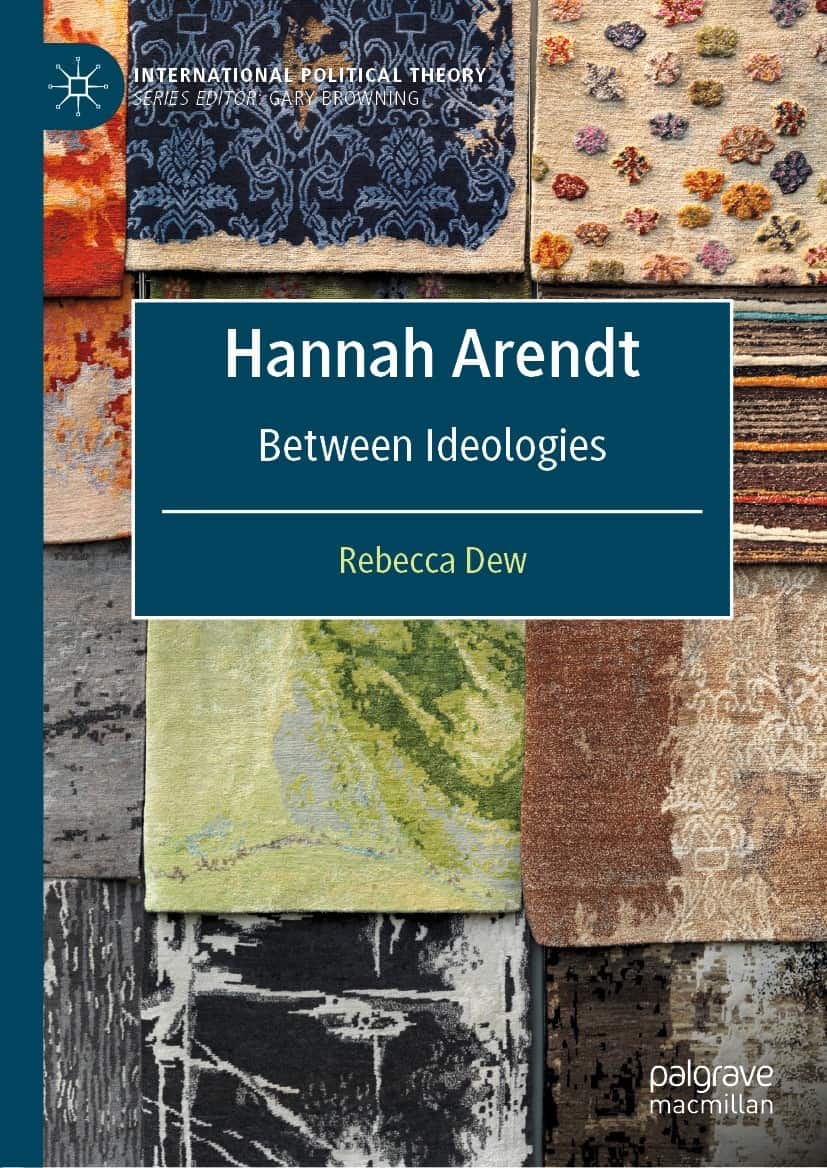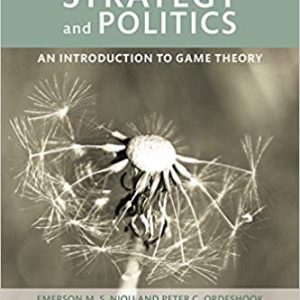Hannah Arendt: Between Ideologies (International Political Theory) (PDF) provides an incisive survey of twentieth-century transatlantic ideational exchange. The author claims that German-American political thinker Hannah Arendt is to be differentiated not only from the French side of the existentialist movement but singled out from Heidegger on the German side, also. The key feature of Arendt’s existentialism is its practicality in political terms; its recognition of the vital need for practical public spaces of vocalization, action, and interaction; its recommendation of constitutions, councils, and other structural foundations for the noticeable presentation of politics; and the applicability of her opinion of political action to her estimation of authentic human living. Taking from the work of Karl Jaspers as her chief exemplar, conclusions are made as to the degree to which Arendt’s existentialism, thereby recognized as atypical, is to be evaluated as postmodern without going so far as to pronounce her intellectual bent postmodernist.
Review
“With magisterial knowledge and analytical elegance, Dew weaves the ‘critical threads’ of Arendt’s divided writings to offer a nuanced account of her ‘atypical existentialism’ and critique of modernity. Two main claims emerge to challenge prior scholarship: Heidegger’s influence on Arendt’s thought is overvalued and that it was rather Jaspers who exercised a seminal role in shaping her philosophical and ethical horizons.” — Paul Mendes-Flohr, Dorothy Grant Maclear Professor Emeritus of Modern Jewish History and Thought, University of Chicago, USA
NOTE: The product only includes the ebook, Hannah Arendt: Between Ideologies (International Political Theory) in PDF. No access codes are included.






Reviews
There are no reviews yet.